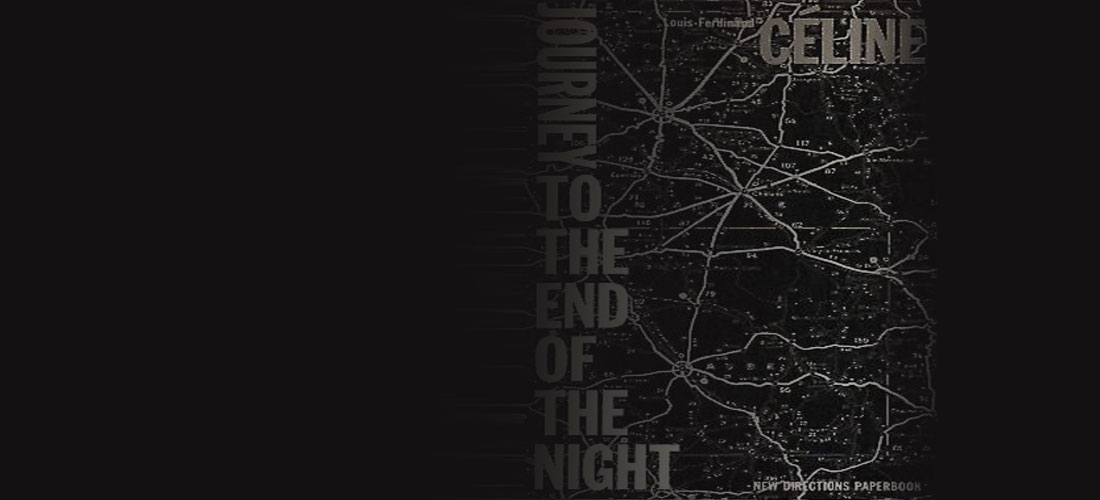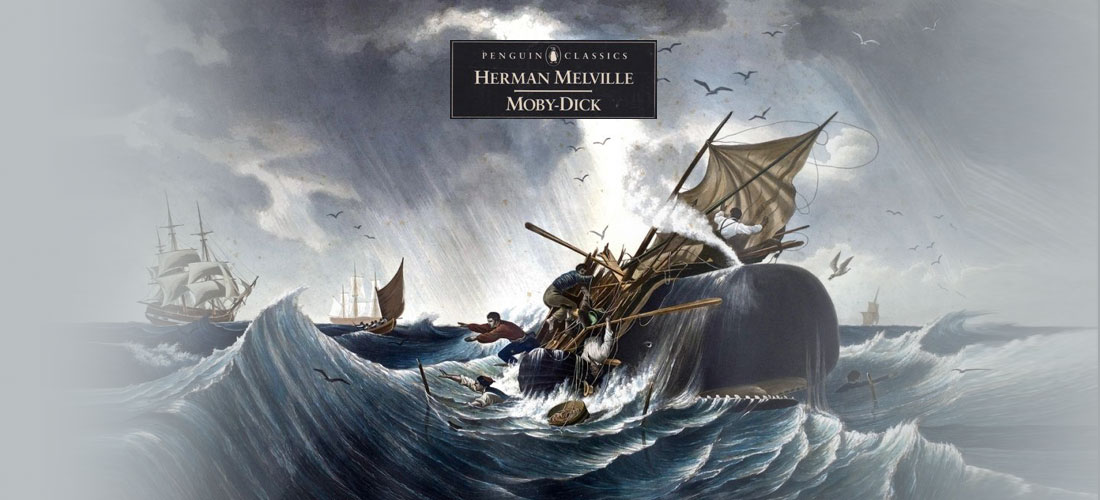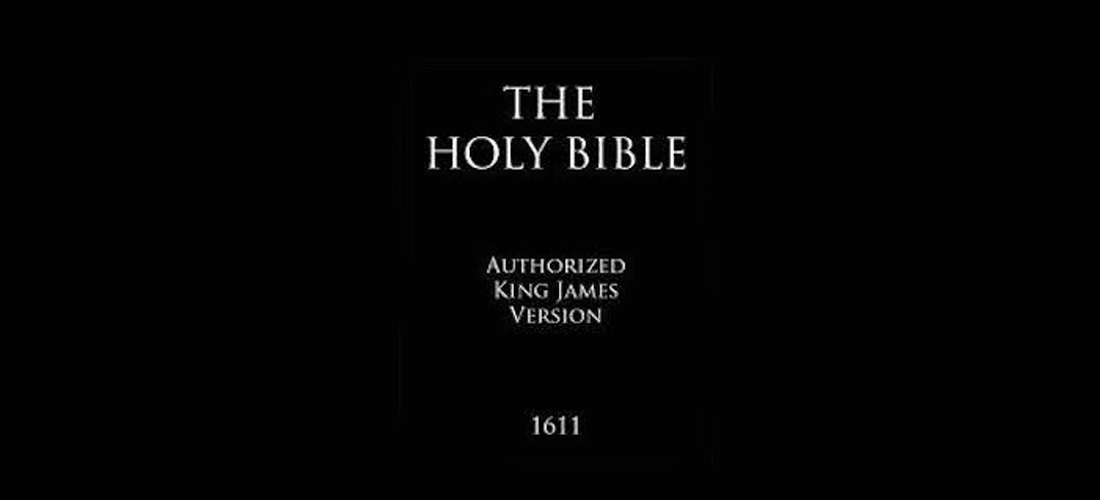Journey to the End of the Night – Céline
Written by Louis-Ferdinand Céline and first published in 1932, this novel is regarded by many as the best expression of 20th Century consciousness and culture. For the author, this was both a blessing and a curse. Journey to the



